Menu
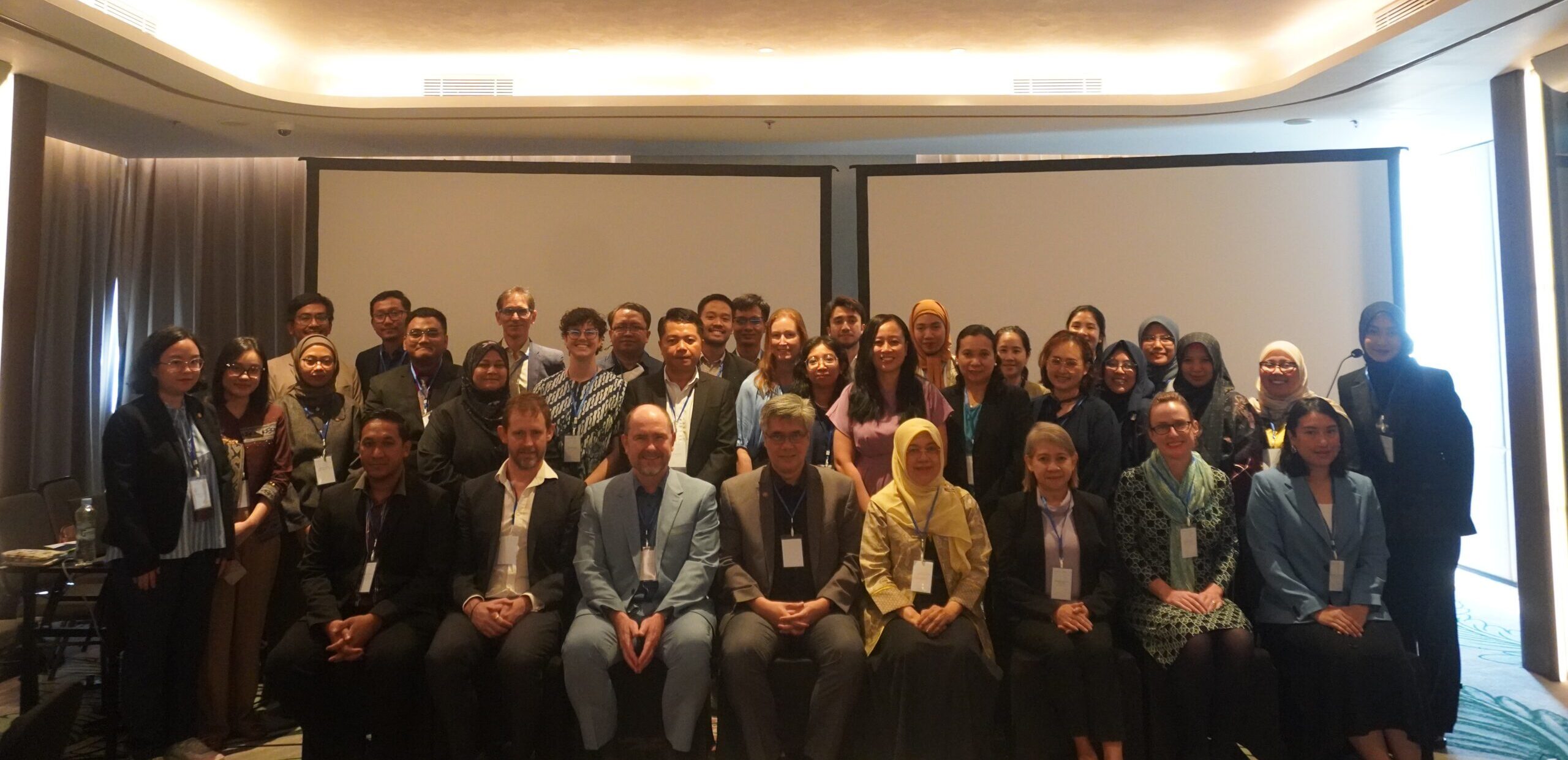
On 13-14 December 2023, the ASEAN Centre for Energy (ACE), with the support of the Australian Government through the Partnerships for Infrastructure (P4I) initiative and Australia’s national science agency, CSIRO, organised a Focus Group Discussion (FGD) in Tangerang, Indonesia, to discuss the development of the ASEAN Renewable Energy (RE) Long-term Roadmap.
The two-day discussion consists of eight sessions that cover several topics, such as roadmap objectives, ASEAN Member States (AMS) expectations, and their relations with the other six programme areas of APAEC (the ASEAN Plan of Action for Energy Cooperation) and other feasible regional cooperation options for scaling up RE.
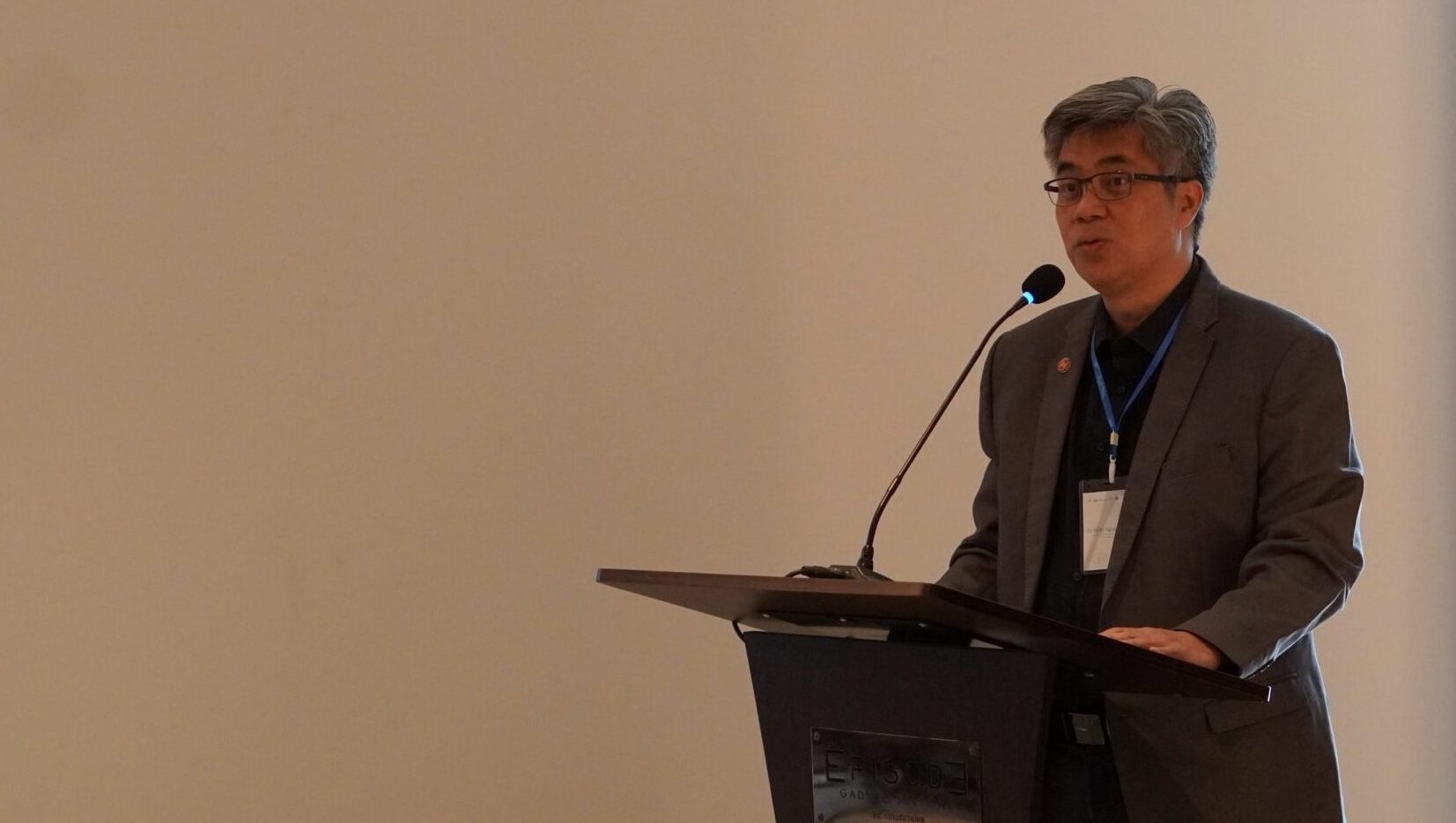
Photo 1. Opening Remarks by Dr. Nuki Agya Utama, Executive Director of ACE
The discussion commenced with welcome remarks from Dr. Nuki Agya Utama, Executive Director of the ASEAN Centre for Energy (ACE), followed by Andriah Feby Misna, Director of New and Renewable Energy from the Ministry of Energy and Mineral Resources of Indonesia, and Ryan Thew, Assistant Director of Southeast Asia Infrastructure, Energy, and Climate Change Section, Department of Trade and Foreign Affairs of Australia. During his speech, Dr. Nuki highlighted the importance of this roadmap discussion for defining the direction ASEAN will take in the future.
Not only ACE, but the discussion also invites the ASEAN Member States who joined in-person, such as representatives from Indonesia, Malaysia, Thailand, Cambodia, Philippines, Lao DPR, and virtually, as well as panellists from CSIRO and P4i, to design a harmonised framework that accommodates differing priorities across member states and streamlines planning, policy, reporting, and mutual learning across ASEAN. Later on, the outcomes will act as an input for the 8th ASEAN Energy Outlook (AEO8) and the ASEAN Renewable Energy (RE) Long-term Roadmap will be introduced at the 42nd ASEAN Ministers on Energy Meeting (AMEM-42) in September 2024.
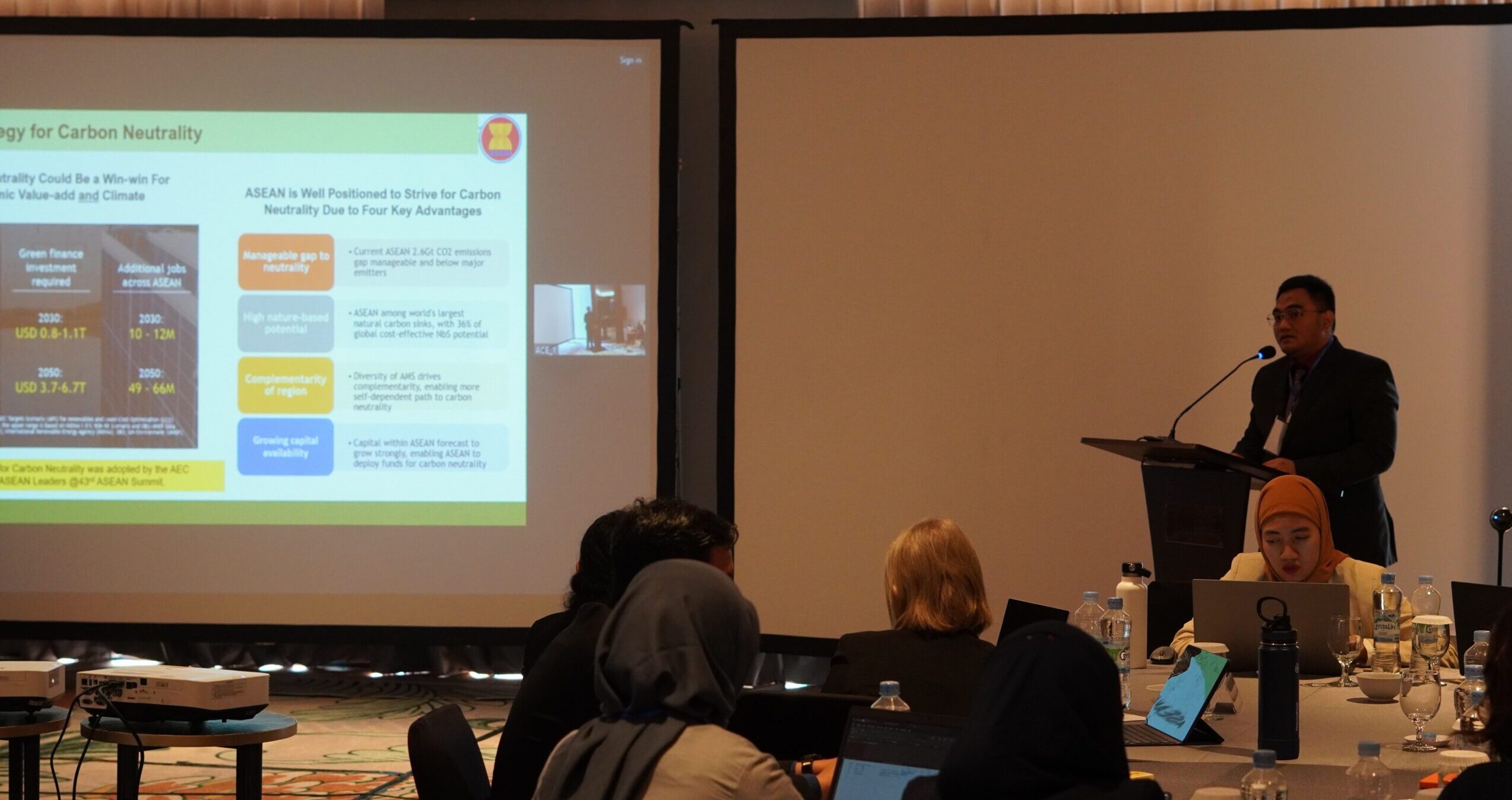
Photo 2. Presentation with Muhammad Indra Wahyudin, Officer of the Energy and Mineral Division of the ASEAN Secretariat
The first session began with introducing the ASEAN RE Long-term Roadmap and its connection to the ASEAN Energy Outlook 8 (AEO8) and APAEC to gain a deeper understanding of what needs to be discussed further in this Focus Group Discussion. The session consisted of an explanation of APAEC Phase II: 2021–2025 Mid-Term Review for the RE Programme Area by Dynta Trishana Munardy, Technical Officer of the APAEC Department of ACE, followed by a presentation regarding the ASEAN Sustainability Agenda from Muhammad Indra Wahyudin, Officer of the Energy and Mineral Division of the ASEAN Secretariat. Outcomes from the last ASEAN Energy Outlook 8th (AEO8) workshop were also presented by Rika Safrina, Senior Analyst of the MPP Department of ACE. Lastly, there was also a presentation regarding the findings from the ASEAN RE Long-term Roadmap FGDs as well as the way forward which was presented by Veronica Ayu Pangestika, Associate Research Analyst of SRE at ACE.
The following session started with a presentation about Harmonising the RE Roadmap from Dr. Chris Dunstan and Amelia Fyfield, Energy Strategy Leader and Director of Southeast Asia, respectively from CSIRO, and a more comprehensive explanation of the ASEAN Long-Term Roadmap by Muhammad Ilham Rizaldi, Research Analyst of SRE at ACE. In the next session, Dr. Jenny Hayward from CSIRO also presented a deeper understanding of the toolkit, technologies, measures, and policy instruments of renewable energy. The objectives of this session are to develop a roadmap framework that aligns with the national RE strategies for AMS, encompassing the short-, mid-, and long-term RE targets, policies, and anticipated contributions to regional energy cooperation.
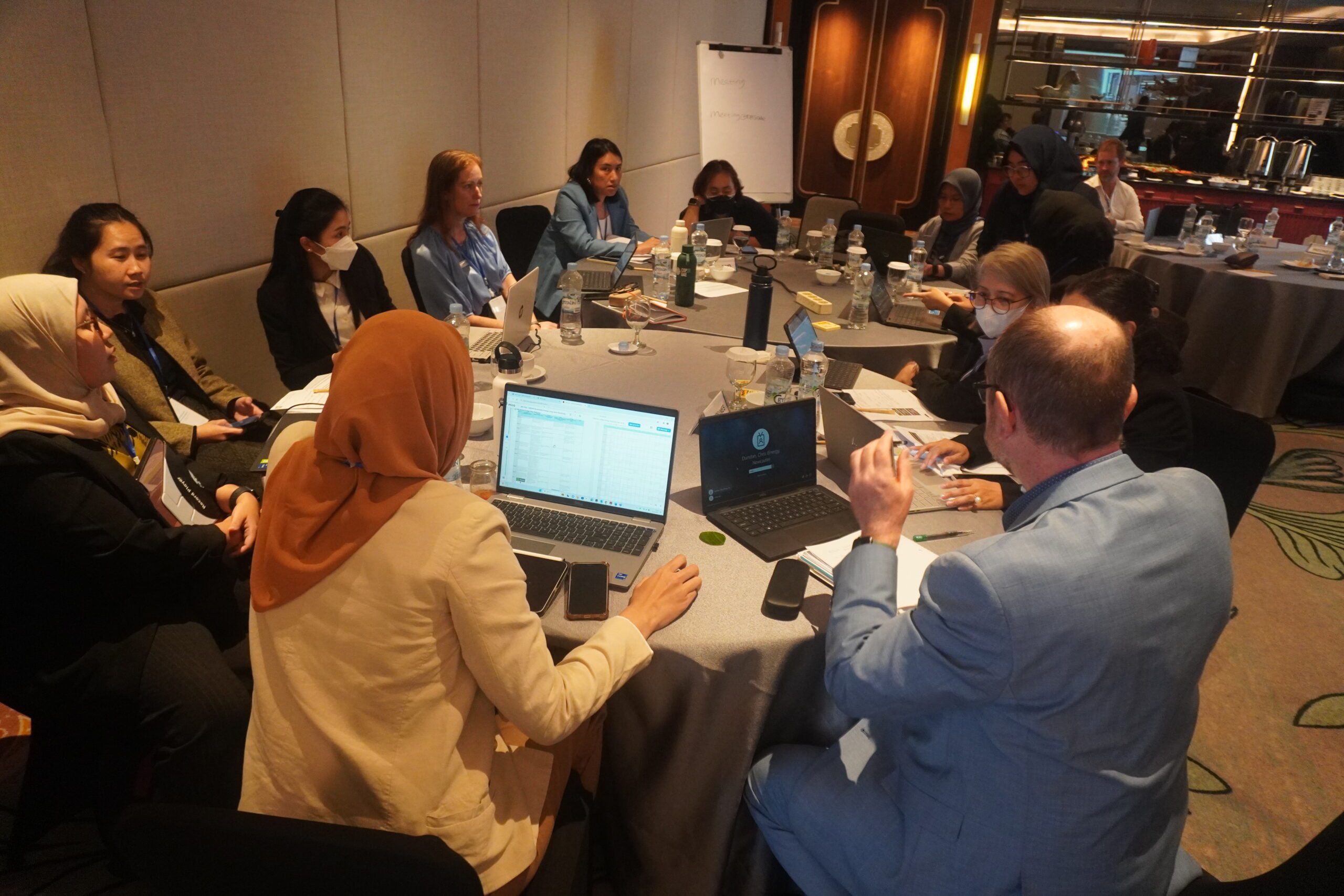
Photo 3. Day 1: Group 2 FGD moderated by Nadhilah Shani, Senior Research Analyst of PFS at ACE
Later on, discussion took place to align and accommodate ASEAN diverse objectives, metrics and targets into a unified framework, with Rika Safrina and Monika Merdekawati from ACE as the facilitators for the second session and Rizky Aditya Putra and Nadhilah Shani from ACE as the facilitators for the third session. For the discussion sessions, the participants were divided into two separate groups to discuss each AMS objective and proposed metrics thoroughly.
The first day concluded with AMS delegates sharing their viewpoints regarding the discussion. It states that each AMS has quite similar national energy objectives, which is to increase their energy security, affordability, and accessibility while also diversifying their renewable energy sources to heighten their energy resiliency and sustainability.
The second day started with a presentation from CSIRO experts, Dr Julio Braslavsky and Dr Chris Dunstan, which explored both significant opportunities and challenges in enhancing and harmonising both national and regional RE strategies by identifying potential regional cooperation through relevant experiences from Australia and ASEAN Member States.
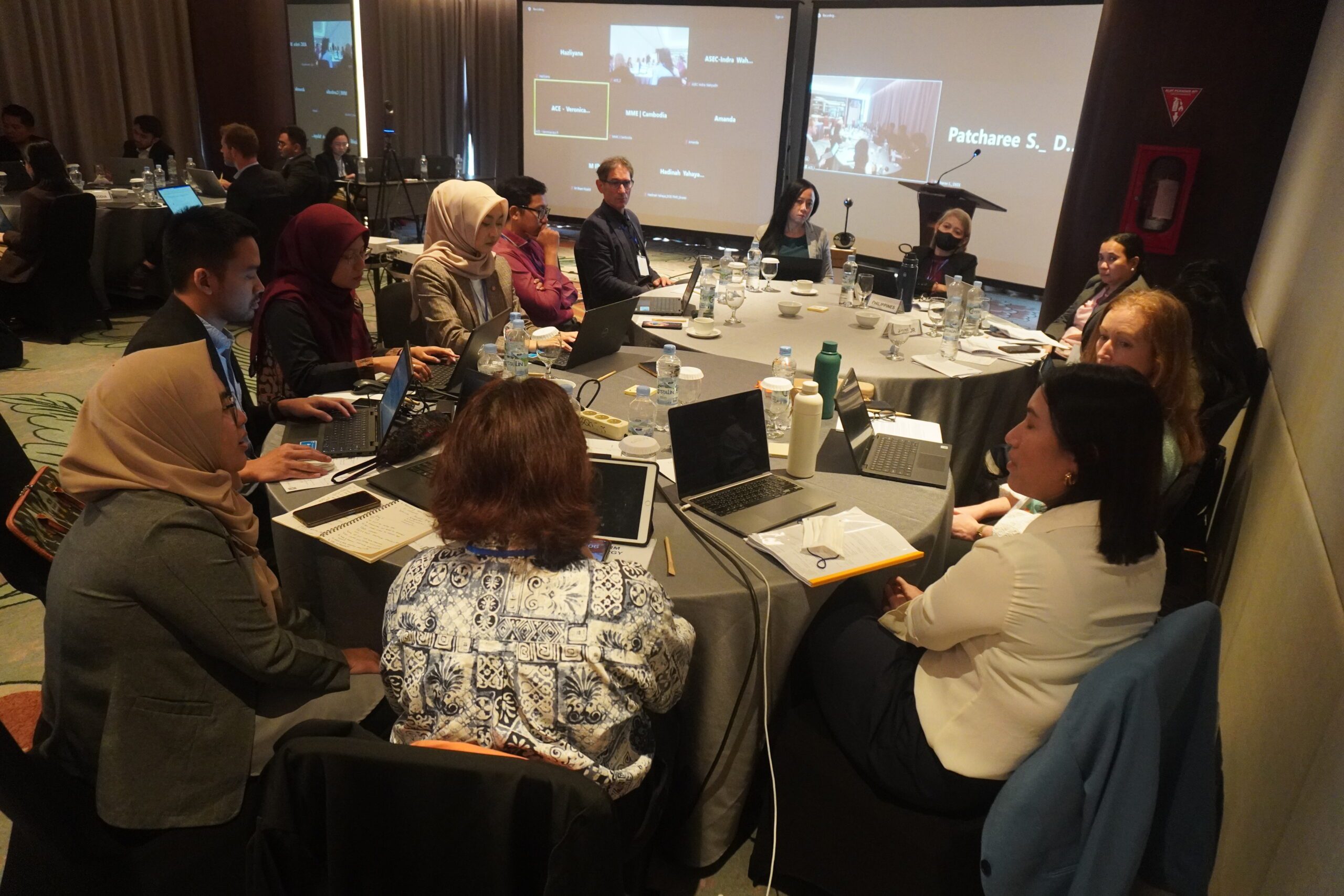
Photo 4. Day 2: Group 2 FGD moderated by Rizky Aditya Putra, Senior Officer of APAEC at ACE
The FGD proceeded to dive more into the output and creation of the ASEAN Renewable Energy (RE) Long-term Roadmap, which discussed how the RE Long-term Roadmap could deliver benefits for communities in Southeast Asia and provided more personal closure to each AMS perspective, aspirations, and expectations on the sixth and seventh sessions. In general, AMS agrees that the ASEAN Renewable Energy Long-term Roadmap could be beneficial to achieve both national and regional energy objectives and targets, including increasing the RE share. Furthermore, AMS also agrees on utilising the existing platform would be a way to monitor each other’s contribution while also strengthening a sense of shared responsibility. On the other hand, CSIRO underlined that it is also important to consider a realistic understanding of regional and national-level challenges ahead to implement the roadmap extensively.
The workshop closes with remarks from Dr. Nuki Agya Utama from ACE and Ryan Thew, the representative from the Department of Trade and Foreign Affairs of Australia, who mentioned that this discussion is crucial to reach energy transition in the Southeast Asia region. Furthermore, the workshop was able to provide the basis for the detailed ASEAN RE Long-term Roadmap.
